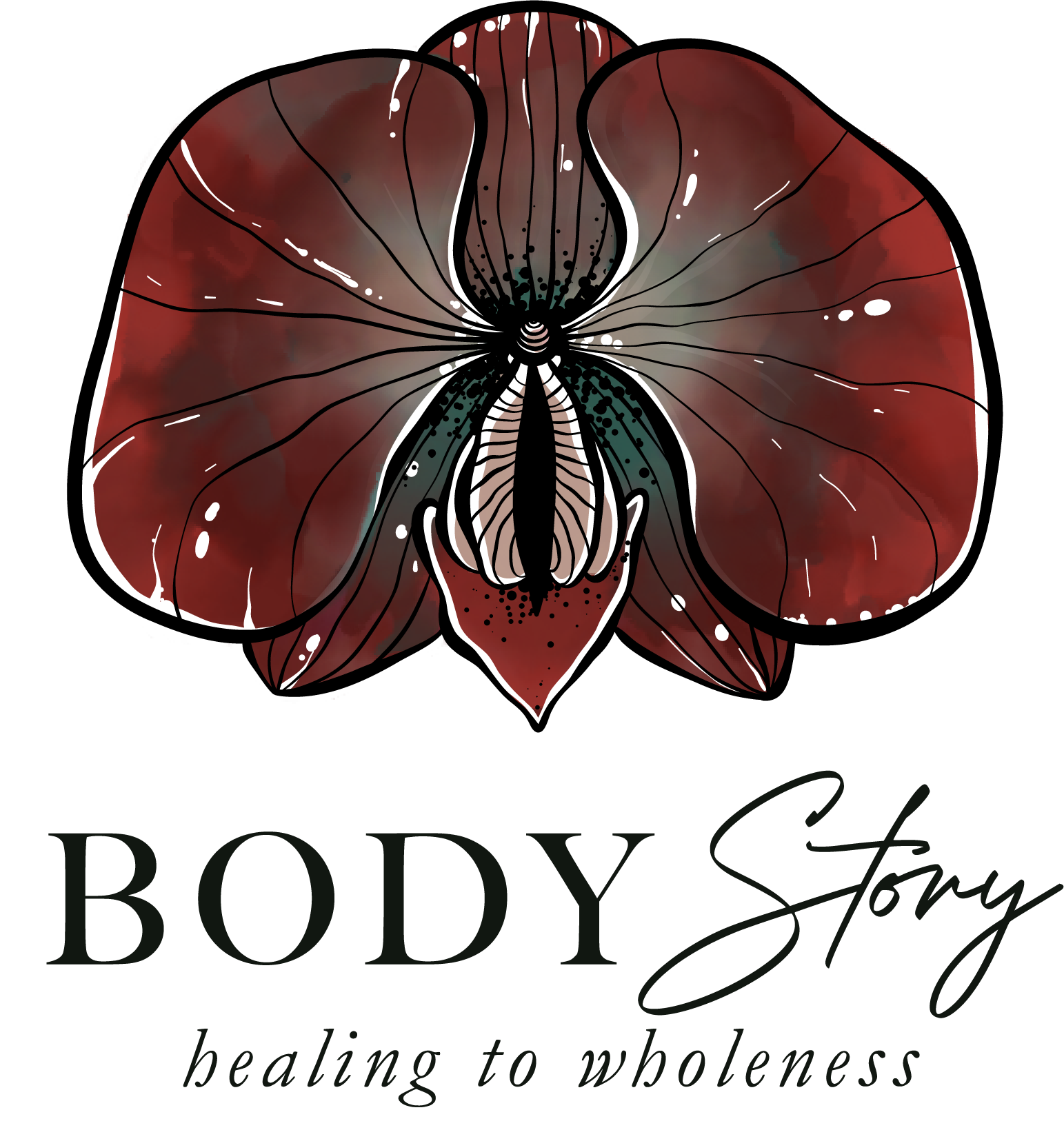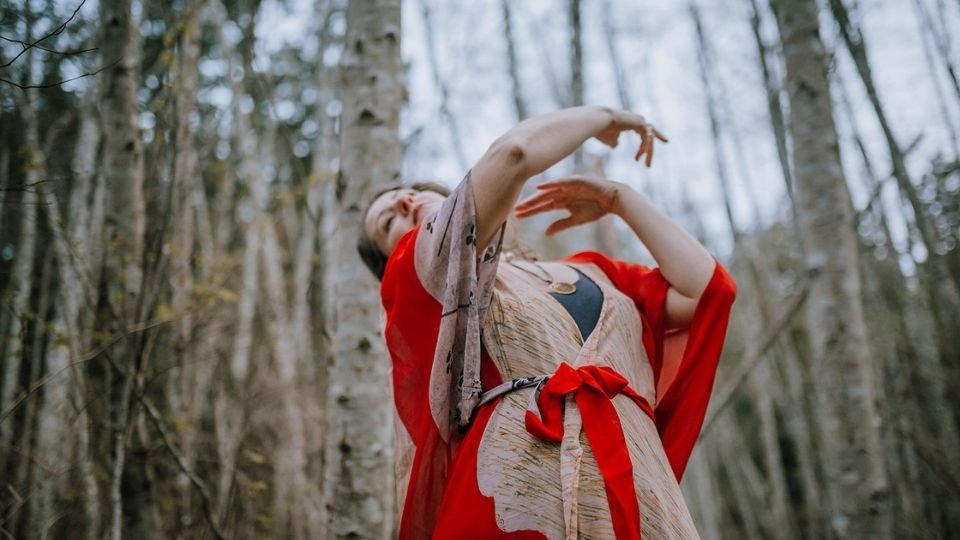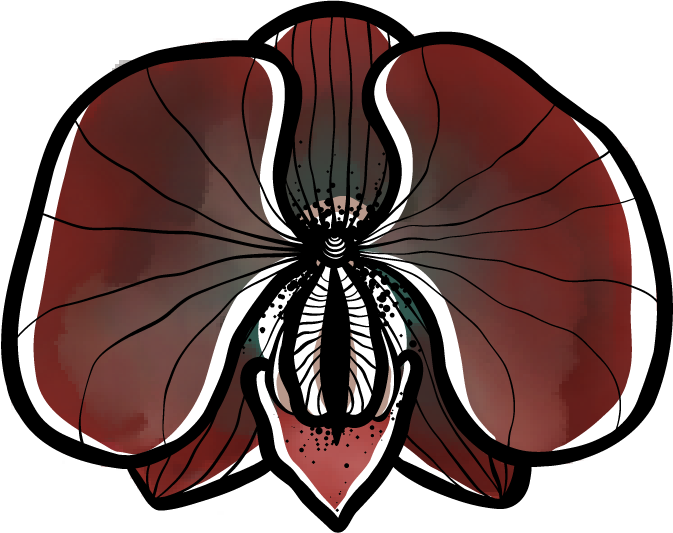(audio version below)
If you’re confused, pause and listen. The wolves are calling you home.
Like you, my understanding of the nature of wolves first came from childhood readings of Little Red Riding Hood, The Three Little Pigs, and other smear campaigns. Things were black and white in those stories; they offered no blurred lines about who was good and who was bad.
Many years into adulthood, while hiking through the woods of rural Idaho, I came upon the skeleton of an elk. I still have four of its vertebrae, which I gathered and cleaned with the help of a family I was staying with at the time. As I was staring in awe at the size of the bones, the man told me that wolves had recently been reintroduced to the area. It was only an animal that ferocious — or likely a pack of them — that could be responsible for killing an 800 pound elk. His spine stiffened and his gaze grew pointed. That’s why, he said, I will gladly shoot any wolf that walks onto my property.
His response unsettled me. I felt the realities of his life in the backcountry tickle my spine with fear. Yet I knew enough then to know that nature doesn’t make mistakes in any relationship it creates.
That was the day I began to doubt the story of the wolves.
A Bounty for Your Head
This man was not alone in his views against wolves. In recent history he would have been commended, even paid for taking down these vicious killers. Which is why, after being hunted to the edge of extinction, many human residents like him fought back when the wolves were reintroduced to their backyards.
The narrative that supported this centuries-long killing spree in the American West is the same story that all but eradicated the animal from Europe: wolves are cruel, pestilent, and kill more livestock than they can eat.
I say that we humans have met our match.
The Humans in Our Bodies
Humans often get bewildered about their role in the natural world. It’s easy to see how we got here. Compared to other animals, our bodies are confused — we are half prey and half predator, leaving us unsure if we should attack or play dead. We have just one advantage: our minds. Though we can think our way out of any problem, we can just as easily overthink and create problems.
Here’s one time that happened: Picture us alone with our big minds surrounded by nature and Her wild disorder. Imagine coming up with the idea that we could draw invisible lines all over the ground and raise enough food within them to get in front of the death and hunger that had chased us for ages. Yet when night fell and our defenselessness became even more apparent, we heard the sound of wolf packs howling just over the ridge. The next morning we found bloody carcasses of sheep, and the fear struck us like lightning — it could be us next, whether by starvation or the wolf’s jaws.
What happened next is what too often happens when a person finds themselves paralyzed with the inevitability of their own death: they blame whomever seems to be interfering with their immortality.
The wolves got much of it (though in North America, natives were equally targeted).
Natural Consequences
When we paid hunters to slaughter the wolves, we failed to see what would come next: By the 1920s the wolf population in the American West was next to nothing. It was then that the elk and deer showed how dangerous they really are. Without a natural predator, they grew numerous and fearless, grazing in areas that normally would have been death traps. Their grinding teeth destroyed saplings before the trees ever had a chance to do their work. Songbirds had no place to land. Streams and rivers lost their shade and grew warm and unsuitable for delicate fish eggs. The only winners in this race were the mosquitoes and blackflies.
Human minds eventually recognized their confusion and designed a way to bring wolves home to the West. The top dogs are back — their piercing gaze now sends the ruminators to the highlands, and the trees and rivers and fish are steadily regaining what they had lost.
It’s not over, but it’s not what it once was.
Natural Order
Here is the thing that humans do: We make mistakes. We don’t just make mistakes, we royally fuck up.
Yet we also do something else: We learn. This is why we are always tinkering with things, changing the rules, and reintroducing dangerous animals to their natural habitat.
Sometimes we overcorrect and plummet off the cliff. But eventually we figure out how to scale the rocks and make our way to the sun again. This is the cycle we repeat over and over as we journey toward a place way beyond that next summit from which no one has ever returned.
Learning from Our Mistakes
At first you may think this pattern of mistake/consequence/correction is a reflection of our great minds, an indication of our higher place among our fellow animals. However, this behavior puts us directly in line with the rest of nature.
Take our old friend, the wolf.
Every pack relies on a leader — often the mother — to survive. She is the wisest one among them, guiding them wordlessly to know when to attack and when to retreat. With every hunt, wolves learn, gaining new understanding and skills each time they fail.
If a pack leader ignores her errors, everyone starves. We are the same. But the difference between wolves and humans — the part where our minds truly make us stand out — is that ignorance and ego often prevent the latter from admitting we’ve made a mistake. Do this a million times or so and you get where we are now — wildly misappropriated resources and chasms of inequity between what we give and what we take.
How to Right a Wrong
In all our fighting with the nature of wolves, we forget that our wise ideas about agriculture gave them a buffet of animals, ones we purposely bred to be stupid enough not to run away from predators.
But we didn’t stop there — we also engineered our enemies. Let’s not forget that a wolf’s blood is still pumping in the heart of the yappiest lap dog.
Perhaps we made a mistake there too, because tiny dogs who would freeze to death without a sweater are truly an endangered species. But as humans have grown more and more distant from one another, these dogs fill in for the companionship that we need to survive.
We Are the Creators
This is the imperfect net we are weaving. We all are the crafters, tearing apart weak seams and figuring out new uses for the strange knots our ancestors made. The net holds in place a world that is filled with mistakes that will never be fully acknowledged. What we did to wolves we did to each other. What we did to each other, nature did to us.
Confusion often leads to judgment. Judgment leads to separation. Separation is the most brutal form of pain that we — the pack animals we are — can name.
So as you run these hills in search of the ones who are at fault for your misery, I will be the one to tell you that you look too tired to keep up this pace much longer. So find a hollow where you can rest your weary legs. In the dark there, you’ll find the enemy you think you are chasing (or the one you believe is chasing you). But before you plan your attack, let your breath cool you. Let your mind be still as you soften your gaze toward the beast. When you are confident that your claws are retracted, pull the one you hate close to your warm body. Here you can begin to correct all the mistakes you have ever made.
Journaling prompts
- Write a letter of self-forgiveness for a mistake you’ve made. Don’t blame yourself or justify anything. Instead, witness the ways you’ve learned from it and the corrections that you’ve already made or plan to make.
- Where do you identify with a predator? With prey? How do these perspectives present themselves in your body?
Special thanks to www.livingwithwolves.org for inspiring this piece.





